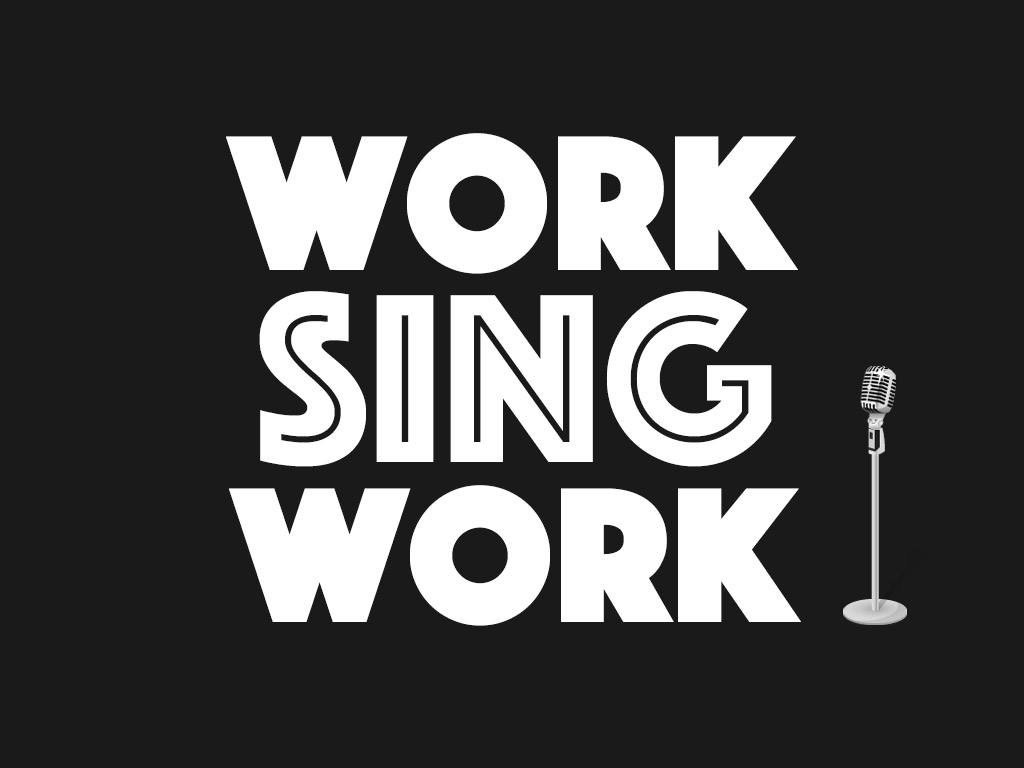Sometimes I find it useful to have one prompt that I share with all of my students over the course of my teaching for the week. This can help me stay faithful to the "Big Picture" part of mentorship. These "Prompts of the Week" or "POW"s can be about consistency, mindset, goal setting, or anything about the bigger picture of being an artist. I hope over time to build a database of over 200 prompts to share, along with some studio responses.
POW 1:
What is the function of your voice lessons? How is our time together going to serve you in the short and long term.
Reflections:
In the end, I want the singers that I work with to feel confidently independent. It's no good going for a drive if you're tethered to your mechanic. I want to help you to understand how your voice functiions so that if something goes wrong when you're out on the road you can fix it yourself and keep on singing. Of course I am here for any tuneups and checkins and if you want to add functionality that doesn't feel naturally part of your existing coordinations.
We all have default states. Some come to lessons very energetic and my job becomes to help those students to focus their energy. Some come to lessons and are exhausted-- and we find a way to remind them that the creative process of singing can generate energy (rather than drain it).
Voices have default states. It is always my goal to help singers find a "voice neutral" where the voice is at optimum function and flexibility and can accomplish whatever you need it to accomplish. If you are a chest-dominant singer-- if you speak in a low full register, and sing mostly in that formation as well, we may do many high light exercises to balance that and to get you to a more flexible "voice neutral."
Voice lessons are an opportunity for you to figure out your instrument, how it responds to prompts, and what it needs in order for you to feel coordinated, flexible and balanced. Using the time to understand how your voice functions will help you to gain independence and confidence as a singer.


Comments
Post a Comment